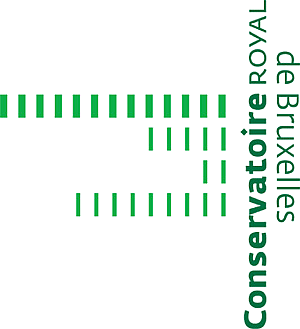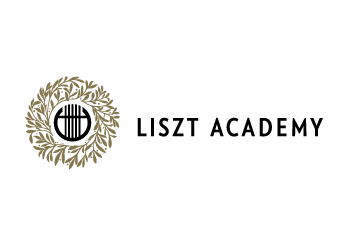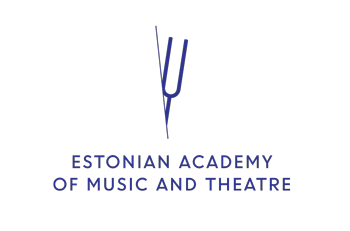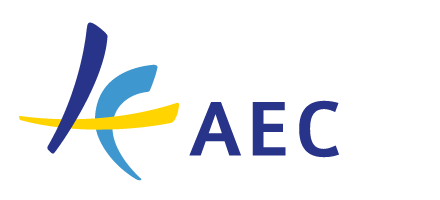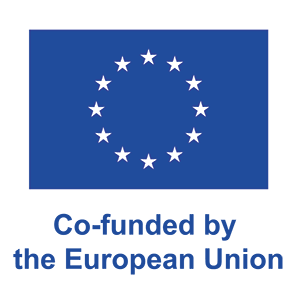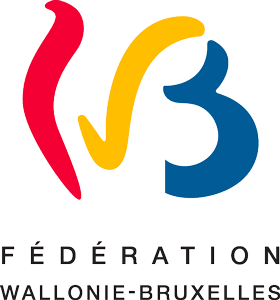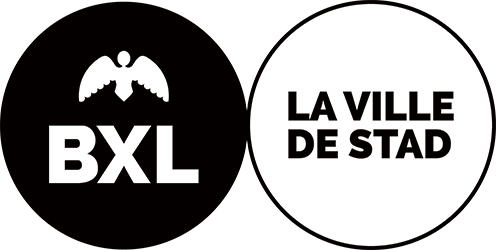Further information
-
assessment
Comprehensive exam CE -
level
Intermediate -
 Completed Semester2
Completed Semester2 -
How many semesters does the course last?
2 -
hours per week
45 minutes in a week -
 Link of the course
Link of the course -
 Target group of courseMusic theory students, beginner
Target group of courseMusic theory students, beginner -
 credits2
credits2 -
 Type of CourseSeminar, Practice
Type of CourseSeminar, Practice -
Degree Level
Bachelor -
 e-learning-elementsno e-learning elements used in this course
e-learning-elementsno e-learning elements used in this course -
Course
Mandatory -
students #
3-6 student -
Hours per year
40 -
BIBLIOGRAPHY
Margus Pärtlas. Muusikalise vormi analüüs (konspekt). Rein Laul, Seitseteist etüüdi Beethoveni muusikast. Scripta Musicalia, Tallinn, 2001. Mõeldes muusikast. Toim. Jaan Ross ja Kaire Maimets. Varrak, Tallinn, 2004. [Rein Laulu ja Mart Humala artiklid] William E. Caplin, Classical Form: A Theory of Formal Functions for the Instrumental Music of Haydn, Mozart, and Beethoven. Oxford University Press, 1998. -
ONLINE CATALOGUE
WITH CONTENTS -
evaluation grid
-
evaluation grid
and document
Teacher(s)
Margus Pärtlas
current position
Professor
Institution
Estonian Academy of Music and Theatre
Be a part of our european project !
This European project (KA 203 Strategic Partnership) created by Salvatore Gioveni promotes cross-border collaboration in the field of Music Theory through sharing knowledge and transferring pedagogical innovation. It thus responds to a lack of centralised source and framework to deepen reflection by means of cross-disciplinary study at European and international level.
There is a significant wealth of educational practices from one country to another in this sector, especially in terms of harmonic musical notation and analysis. However, HMEI's are facing the nonexistence of a European network for pedagogical staff in Music Theory so far. To improve the situation, the project will among other things develop several intellectual outputs such as Online Platform (IO 1), an EU Bibliography (IO 2), a Repository Courses (IO 3), a Multilingual Glossary (IO 4) and an Exchange Online Learning Platform.
Besides the Conservatoire royal de Bruxelles as leader and manager of the project, the following partner institutions are involved: Music Academy S. Moniuszki Gdańsk (Gdańsk, Poland), F. Liszt Academy of Music Budapest (Budapest, Hungary), Estonian Academy for Music and Theatre (Tallinn, Estonia), HfMTh "Felix Mendelssohn Bartholdy" (Leipzig, Germany).
 | 2024
| 2024
